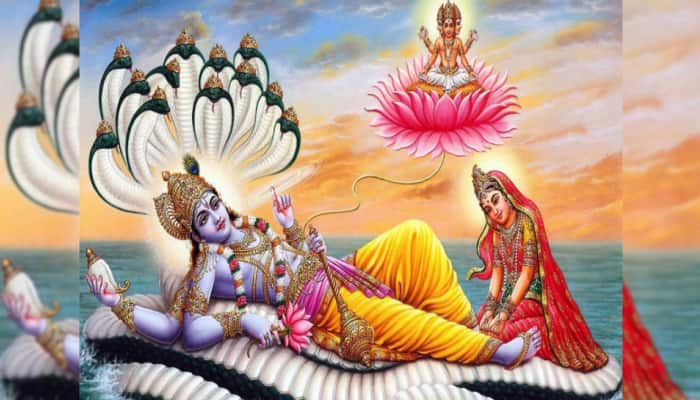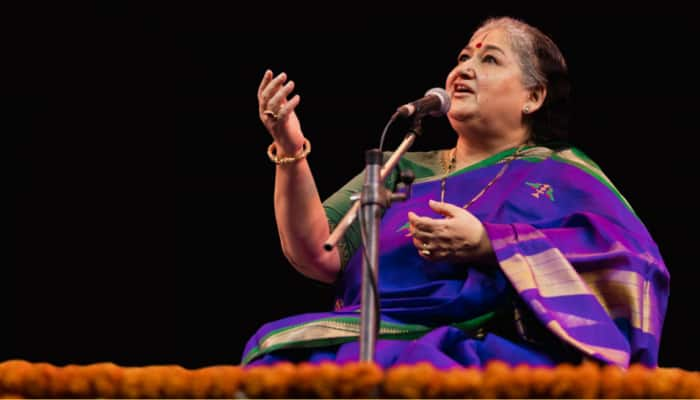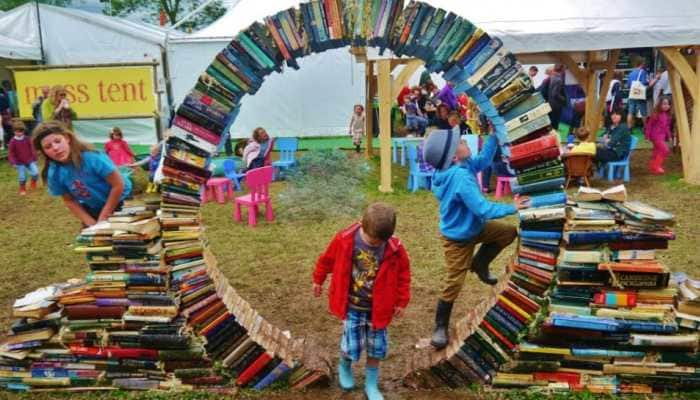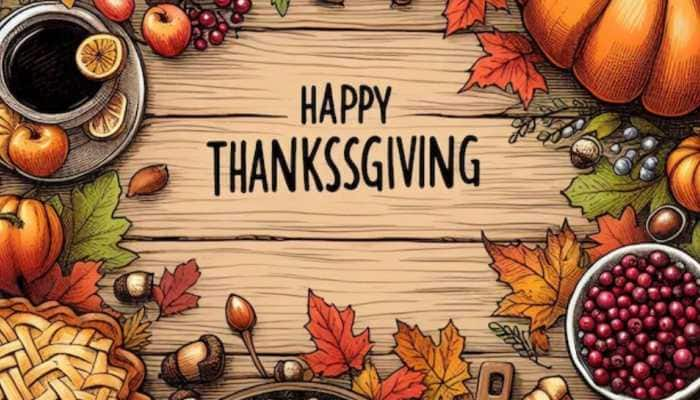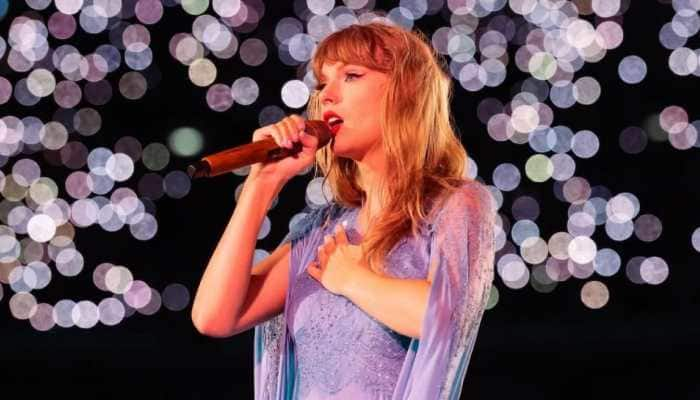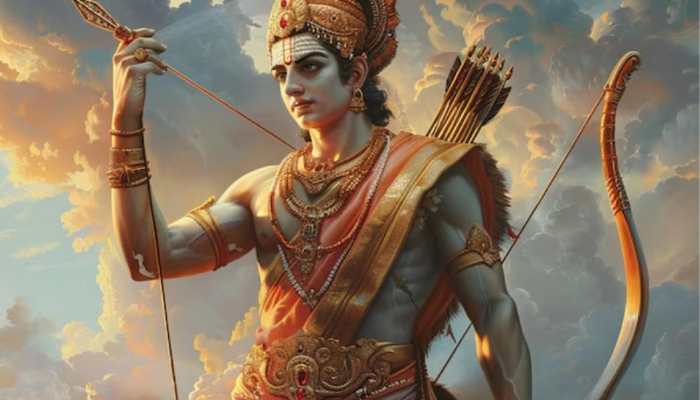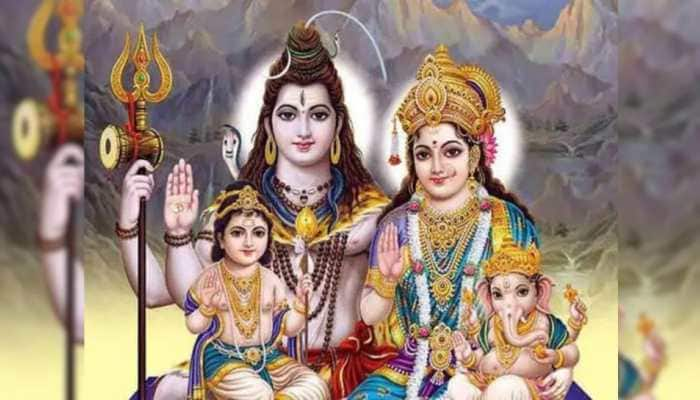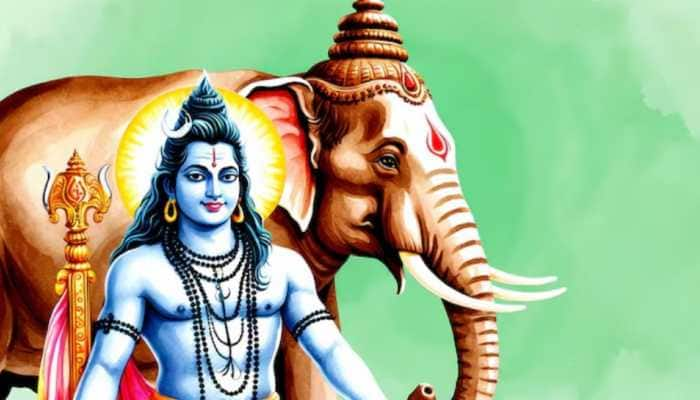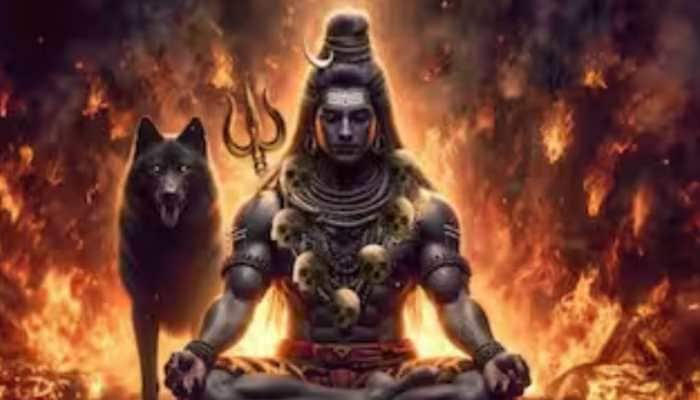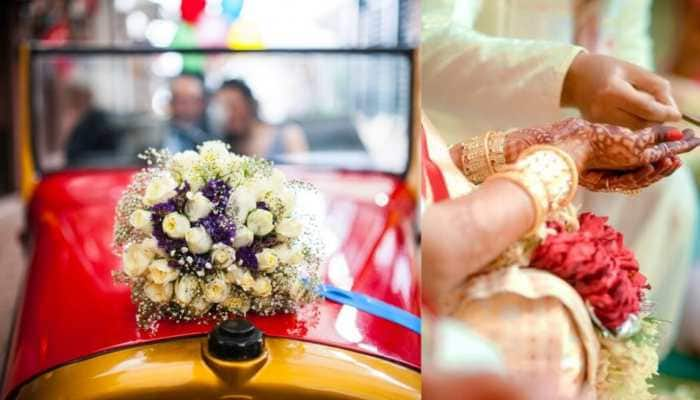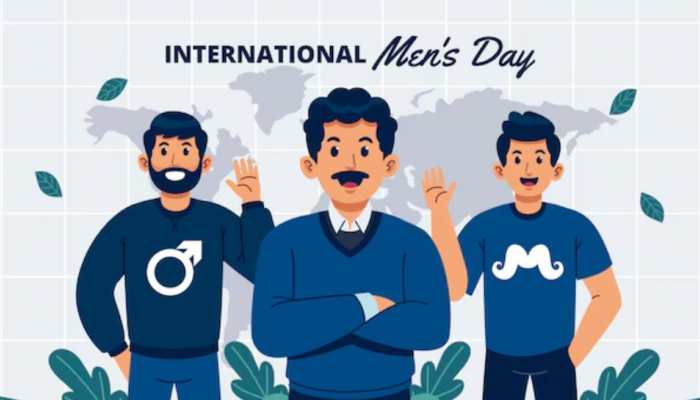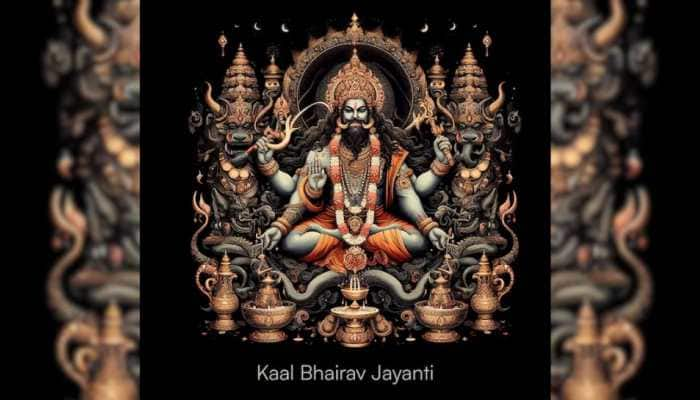Bhai Dooj, also known as Bhau Beej, Bhai Tika, or Bhai Phonta in various parts of India, is a significant festival celebrated by Hindus to honor the cherished bond between brothers and sisters. Falling on the second day after Diwali, it marks a beautiful culmination of the festival season. In 2024, Bhai Dooj will be observed on November 3rd, and it continues to hold great cultural and religious value. Historical Background of Bhai Dooj The history of Bhai Dooj is steeped in ancient tales and legends that emphasize sibling love and protection. One of the most popular stories is that of Yamraj, the god of death, and his sister Yamuna. It is believed that on this day, Yamuna invited her brother to her home and treated him to a sumptuous meal. Touched by her love and hospitality, Yamraj blessed Yamuna and declared that any brother who visits his sister on this day and receives a ceremonial tilak on his forehead will be protected from untimely death. Since then, the day has been observed as Bhai Dooj, symbolizing the sister's prayers for her brother's long life and well-being. Another legend associated with Bhai Dooj relates to Lord Krishna. After defeating the demon Narakasura, Krishna visited his sister Subhadra. She welcomed him with sweets and applied a ceremonial tilak on his forehead, further reinforcing the festival's emphasis on sibling bonds. Cultural Celebrations of Bhai Dooj Bhai Dooj is celebrated with enthusiasm across India, though the customs and traditions can vary by region: North India: In northern states, sisters prepare special dishes and sweets for their brothers. After applying the sacred tilak, they perform an aarti and pray for their brother’s prosperity and safety. The brothers, in turn, present their sisters with gifts as a token of love. Maharashtra and Goa (Bhau Beej): The day is marked with a special ritual where sisters draw a square on the floor for their brothers to sit in before applying the tilak. The festival is also known for the special dishes prepared, such as puran poli or basundi. West Bengal (Bhai Phonta): In Bengal, Bhai Dooj is celebrated as Bhai Phonta. Sisters fast until they apply the tilak and chant specific mantras for their brothers' health and well-being. This is followed by a lavish feast shared by the family. Nepal (Bhai Tika): Bhai Tika is an essential part of the five-day Tihar festival in Nepal. Sisters apply a seven-colored tilak on their brothers' foreheads and perform rituals involving a garland of marigold flowers and offerings of sweets and fruits. Religious Significance of Bhai Dooj Bhai Dooj is much more than a festival; it is a deep-rooted expression of love, prayer, and protection between siblings. The tilak applied by sisters is believed to be a symbol of blessings that shield brothers from evil and misfortune. The ritual is also an expression of gratitude and the wish for a prosperous future. Religiously, the day reinforces the idea of the sacredness of family bonds. The Yamraj-Yamuna story signifies that even divine beings acknowledge the power of sibling love. Bhai Dooj also aligns with the essence of the broader Diwali festival, which celebrates light, goodness, and familial harmony. The Symbolic Significance The festival serves as a reminder of the special role that siblings play in each other's lives. Bhai Dooj is a celebration of: Love and Protection: Sisters pray for their brothers' safety, while brothers pledge to safeguard and support their sisters. Family Unity: The occasion strengthens family bonds and provides an opportunity for siblings to reconnect and celebrate together. Spiritual Gratitude: The prayers and rituals carry spiritual undertones, fostering a sense of gratitude and appreciation for the bond shared between siblings. Traditional Customs and Rituals The rituals performed during Bhai Dooj include: Tilak Ceremony: The central ritual involves sisters applying a ceremonial tilak made of vermilion, sandalwood paste, and rice on their brother's forehead. Aarti : Sisters wave a small oil lamp or aarti plate around their brother to protect him from negative energies. Feasting : Special dishes and desserts are prepared, such as kheer, barfi, and laddoos, adding to the festivity. Gift Exchange: Brothers express their affection by presenting their sisters with gifts or money, symbolizing their appreciation and responsibility. (This article is intended for your general information only. News does not vouch for its accuracy or reliability.) None
Popular Tags:
Share This Post:
Goa Liberation Day 2024: Know History, Significance, And More
- by Sarkai Info
- December 19, 2024
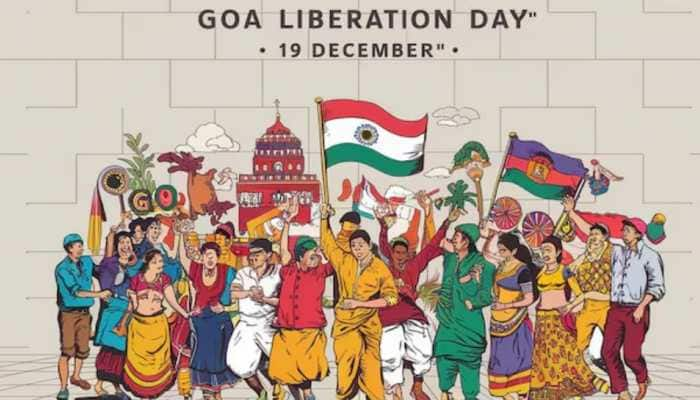
Goa Liberation Day 2024: Messages, Quotes, And Status To Share With Your Family And Friends
December 19, 2024
What’s New
Spotlight
Today’s Hot
-
- December 2, 2024
-
- December 2, 2024
-
- December 2, 2024
5 Literature Festivals Coming Up In India This December 2024
- By Sarkai Info
- November 29, 2024
Red Planet Day 2024: Key Details, History, Importance, Theme, And More
- By Sarkai Info
- November 28, 2024
Featured News
Latest From This Week
6 Inspiring Friendships From Hindu Mythology That Teach Us True Loyalty
CULTURE
- by Sarkai Info
- November 26, 2024
Masik Shivaratri November 2024: Date, Time, Significance, And Mantras To Chant
CULTURE
- by Sarkai Info
- November 26, 2024
Trust Your Instincts: The Importance Of Intuition In Everyday Life
CULTURE
- by Sarkai Info
- November 25, 2024
Subscribe To Our Newsletter
No spam, notifications only about new products, updates.


